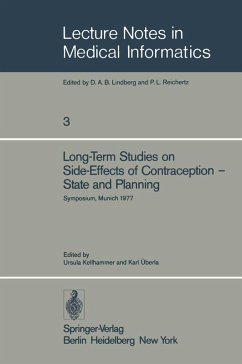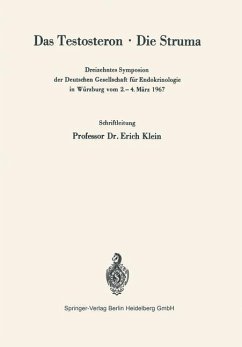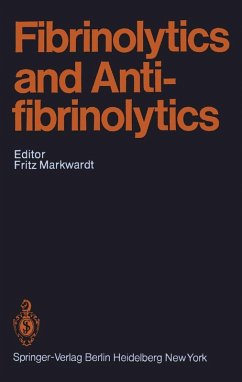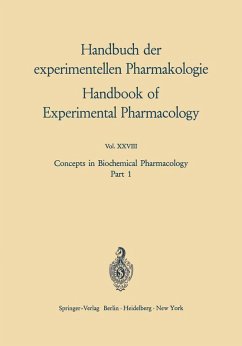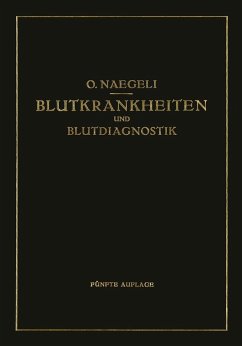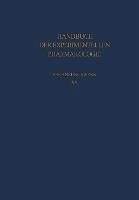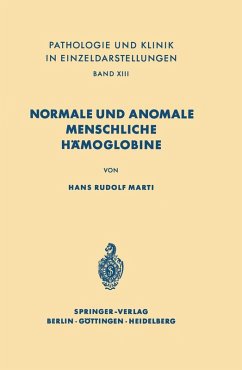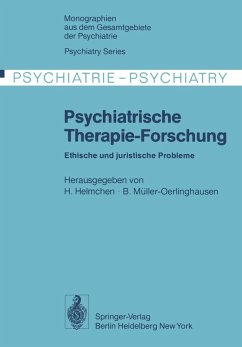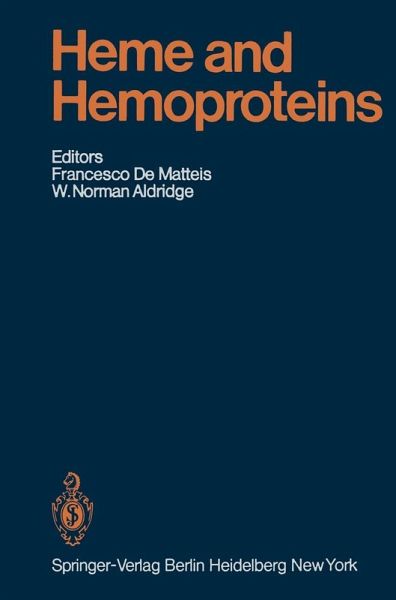
Heme and Hemoproteins (eBook, PDF)
Versandkostenfrei!
Sofort per Download lieferbar
72,95 €
inkl. MwSt.
Weitere Ausgaben:

PAYBACK Punkte
36 °P sammeln!
The study of the biological effects of foreign chemicals (whether therapeutic drugs or chemicals present at work or in the environment) interests the biologist from a number of different and complementary viewpoints. Apart from the more obvious pharmacological and toxicological interest, the experimentalist often uses foreign chemicals to produce in experimental animals disease states similar to naturally occurring diseases, so that their pathogenetic mechanisms and therapy can be studied under controlled conditions. In addition - as Claude Bernard pointed out over a century ago - foreign chem...
The study of the biological effects of foreign chemicals (whether therapeutic drugs or chemicals present at work or in the environment) interests the biologist from a number of different and complementary viewpoints. Apart from the more obvious pharmacological and toxicological interest, the experimentalist often uses foreign chemicals to produce in experimental animals disease states similar to naturally occurring diseases, so that their pathogenetic mechanisms and therapy can be studied under controlled conditions. In addition - as Claude Bernard pointed out over a century ago - foreign chemicals can be employed as instruments to analyze the most delicate vital processes; much can be learned about the physiological processes themselves by a careful study of the mechanisms by which these are altered by chemicals. The field of heme and hemoproteins offers an example of the interplay of these different approaches. Their metabolism can be altered by therapeutic drugs and other foreign chemicals and this results in a variety of biological responses that transcend the boundaries of pharmacology into the confines of clinical medi cine, genetics, toxicology, biochemistry and physiology. In this book a multidisciplinary approach to the study of heme metabolism is presented including the effect of chemicals on heme metabolism in patients, the results of experimental work in the whole animal, as well as in vitro studies.
Dieser Download kann aus rechtlichen Gründen nur mit Rechnungsadresse in A, B, BG, CY, CZ, D, DK, EW, E, FIN, F, GR, HR, H, IRL, I, LT, L, LR, M, NL, PL, P, R, S, SLO, SK ausgeliefert werden.



